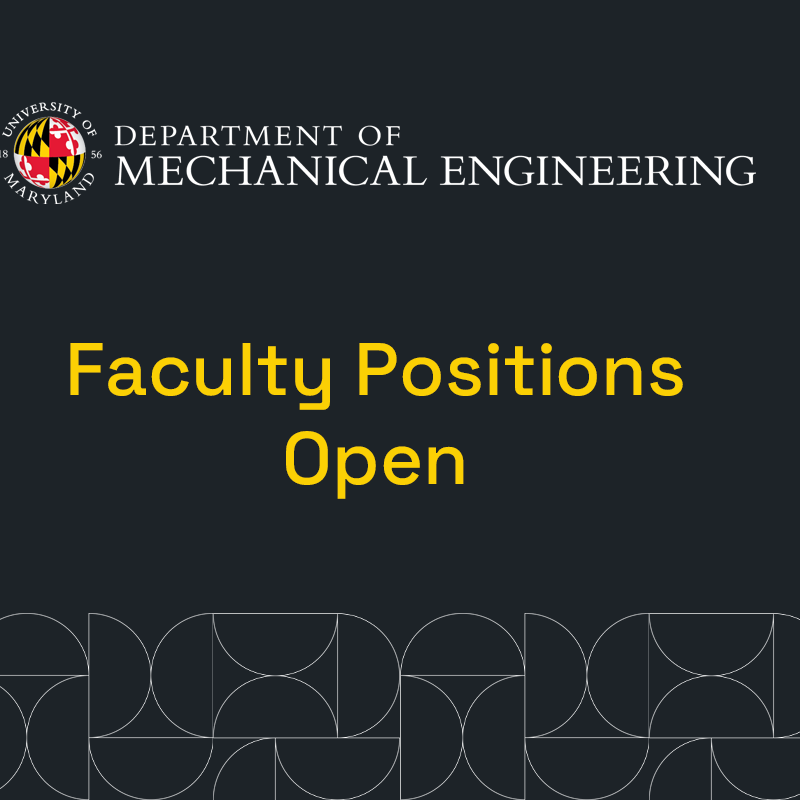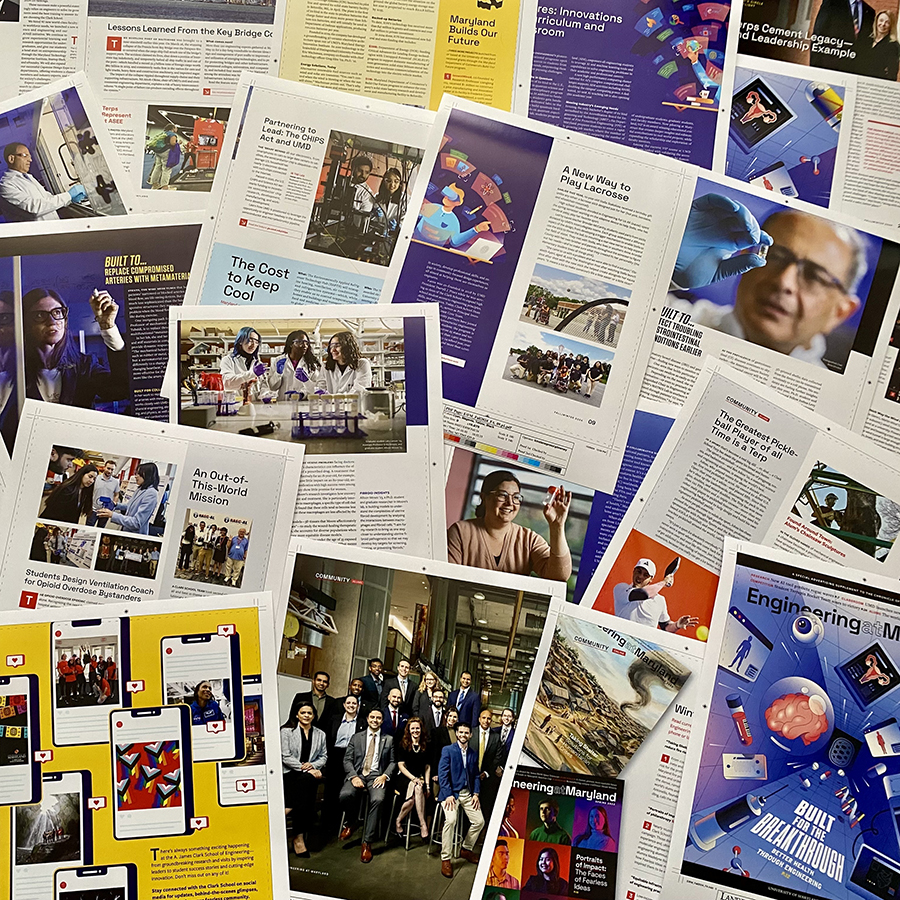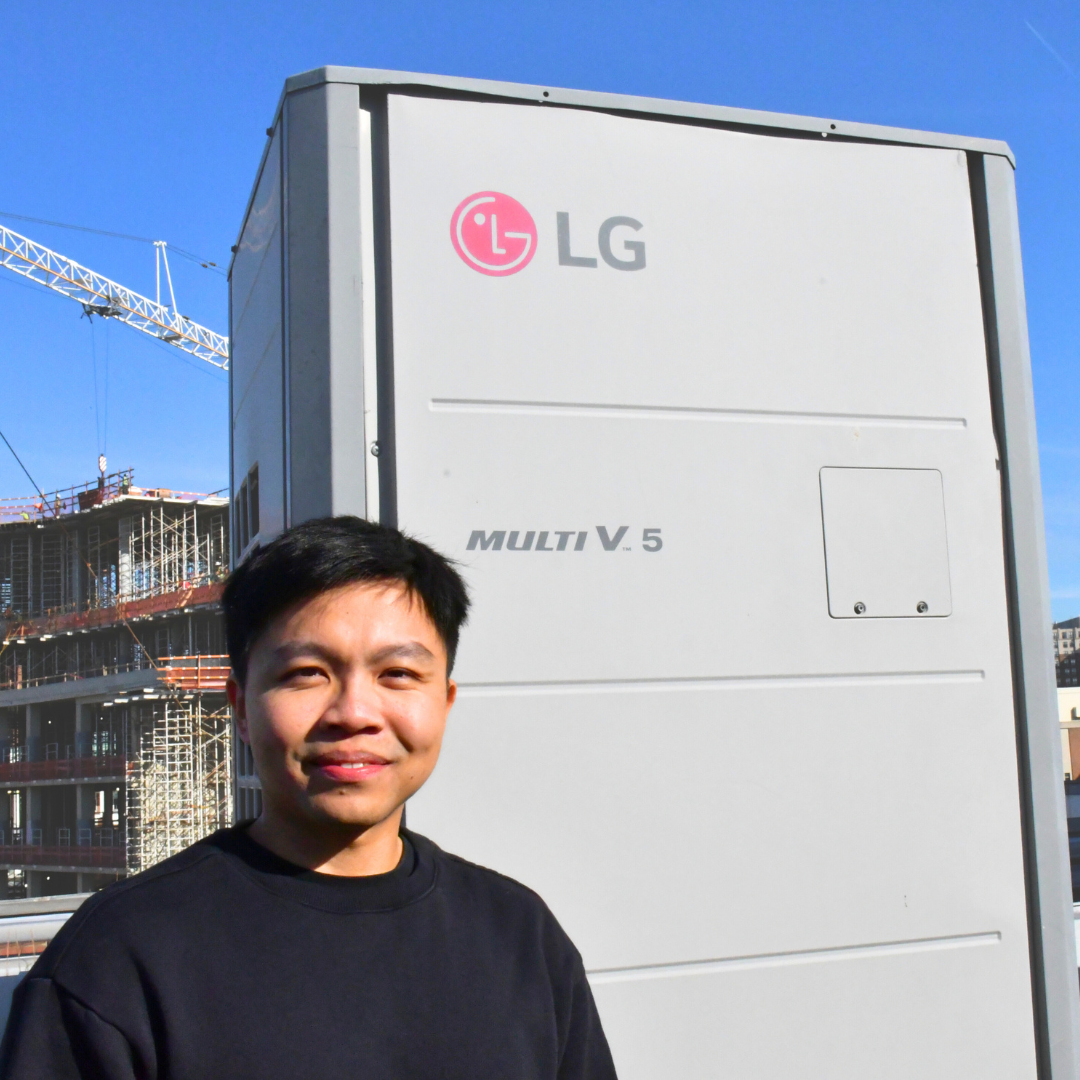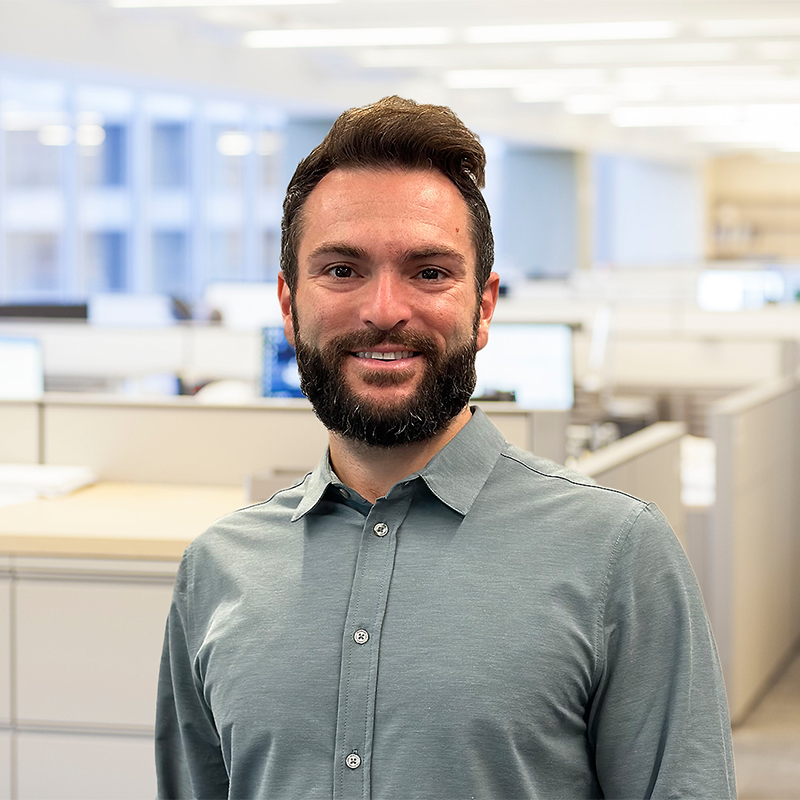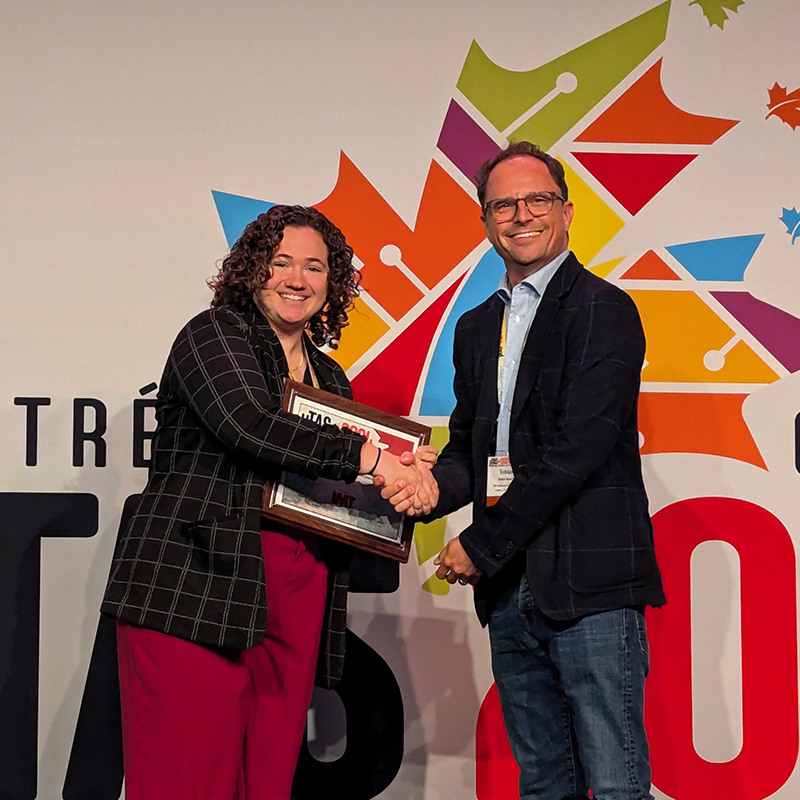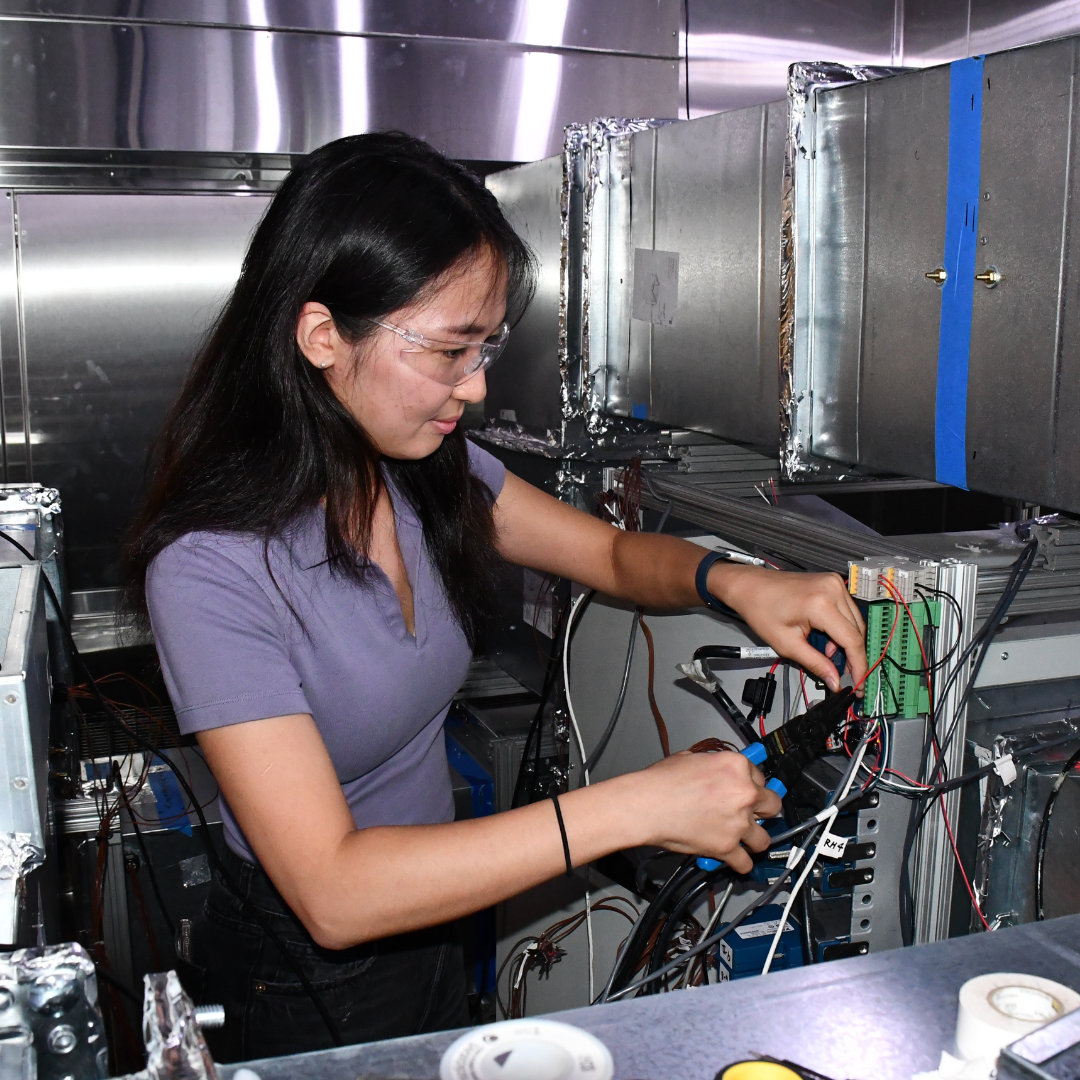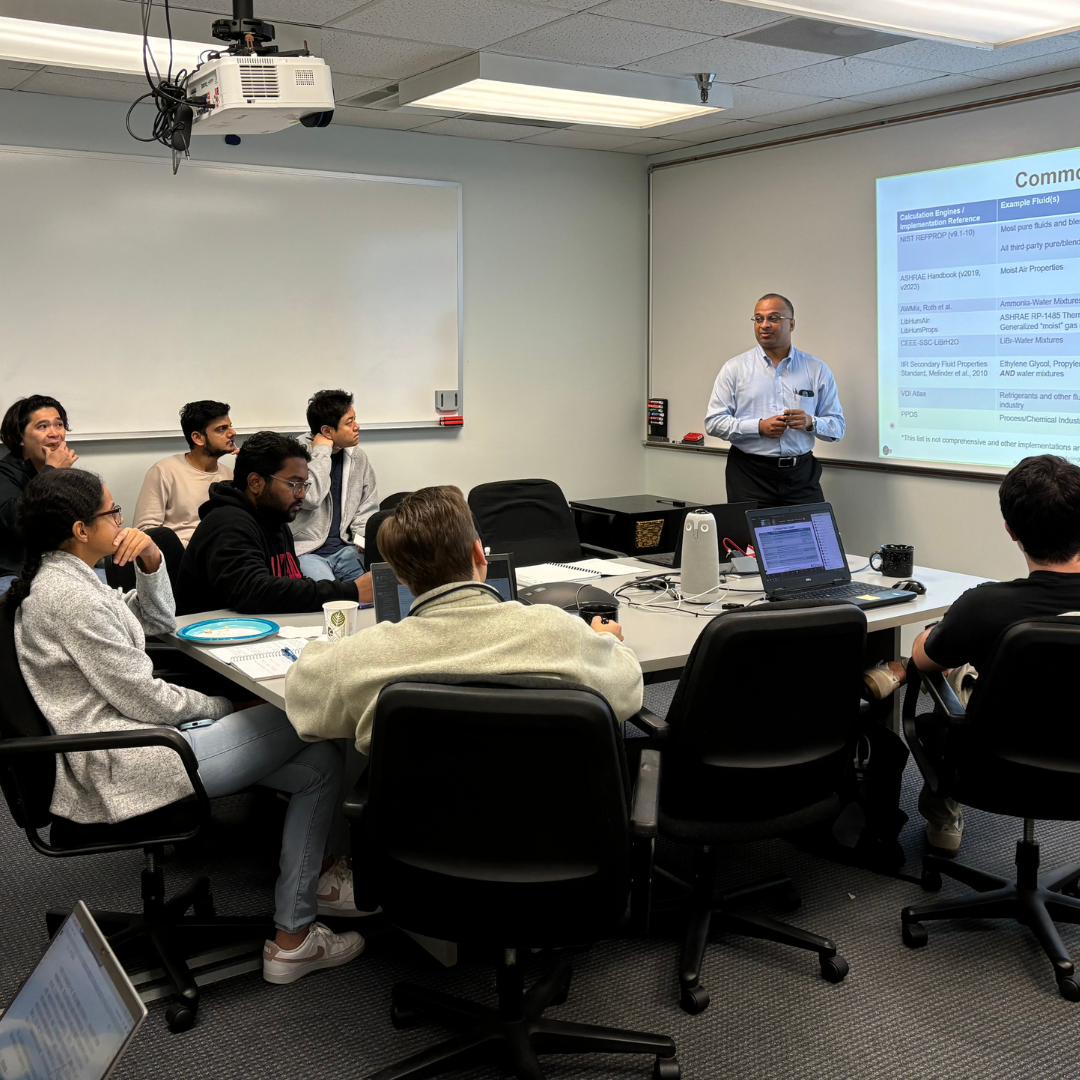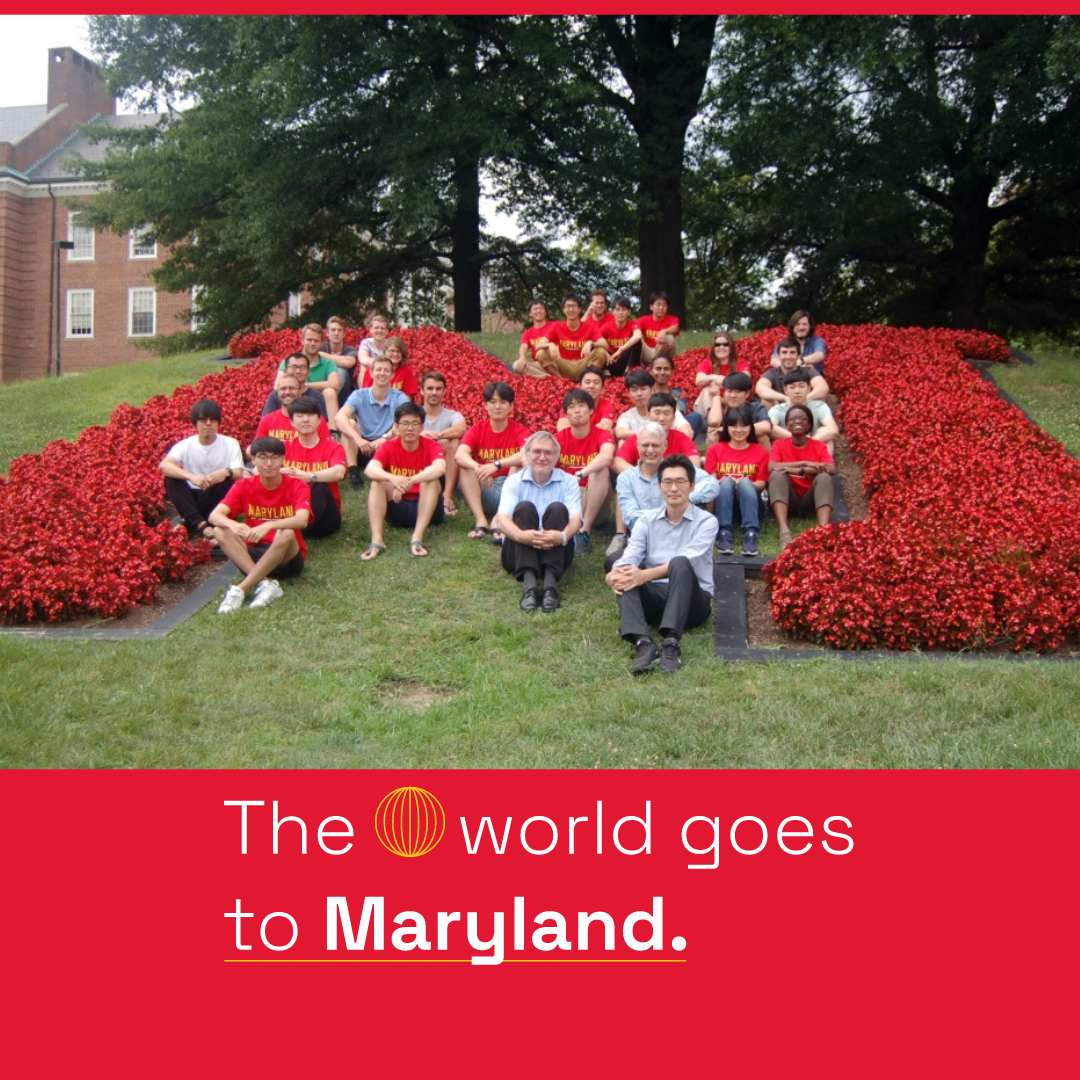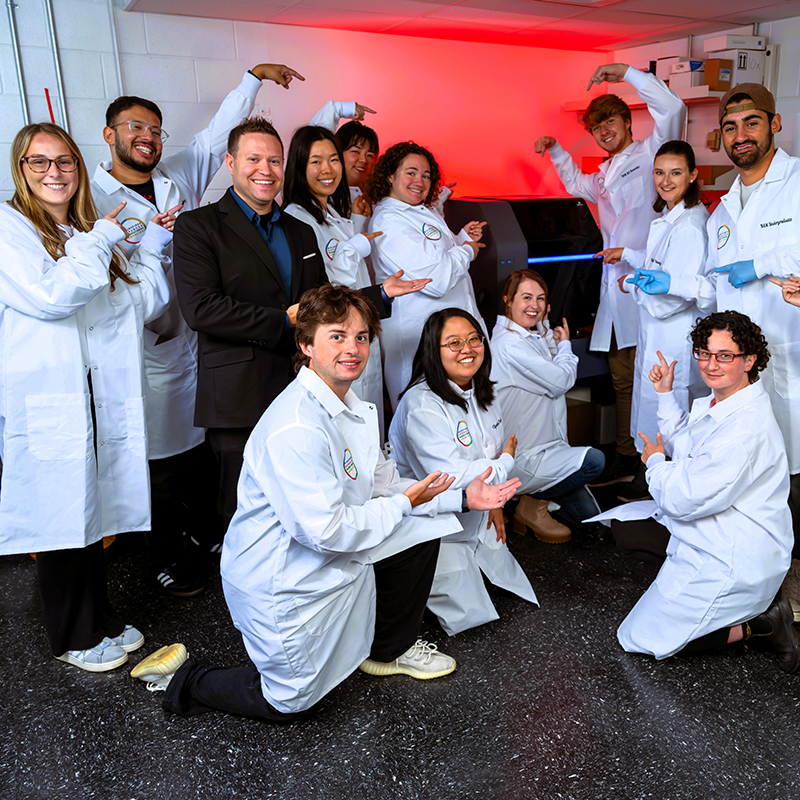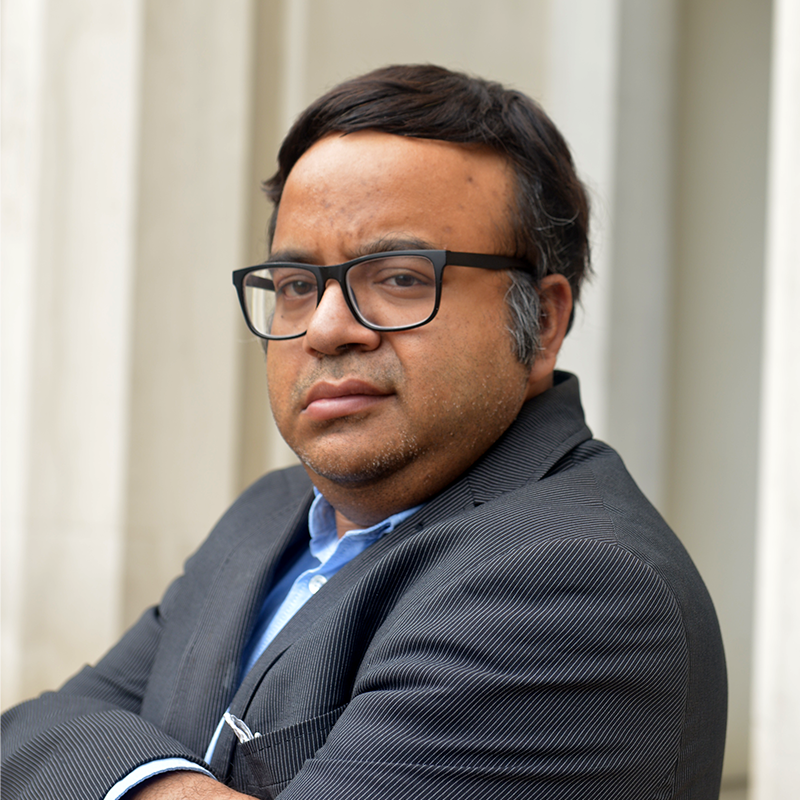News Story
Seven Mechanical Engineering Faculty Promoted in 2020
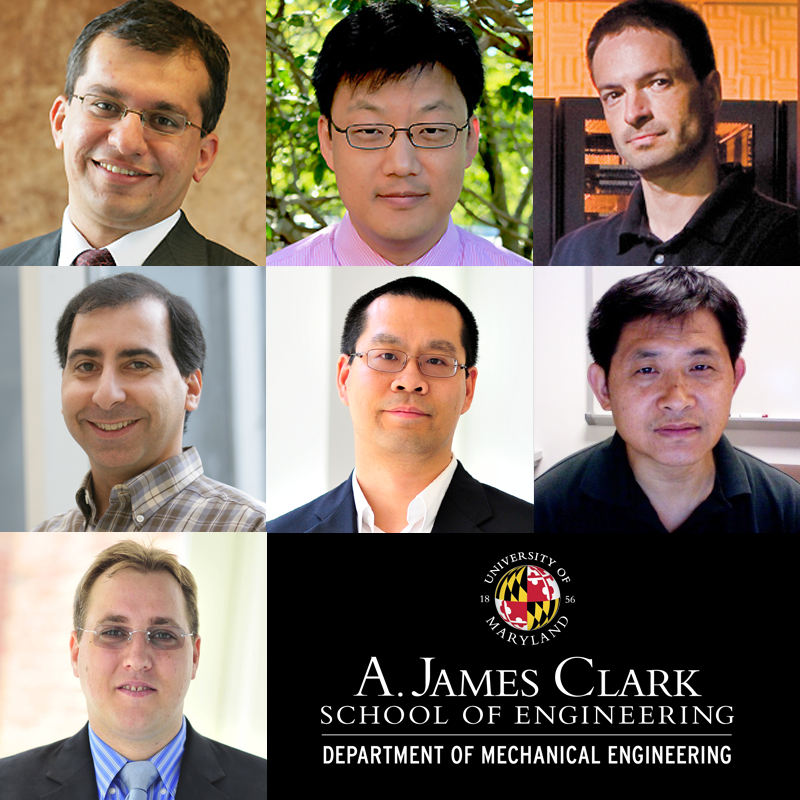
Bottom: Mr. Jan Muehlbauer
The Department of Mechanical Engineering congratulates seven faculty members—three tenured faculty and four professional-track faculty—who have been promoted in 2020.
The promotions of Drs. Chopra and Chung are effective August 23. All of the other promotions are effective starting July 1.
Chopra has been promoted from Associate Professor to the rank of Full Professor. He has been a faculty member since August 2007. He is a well-respected researcher and educator, whose creative contributions have had a significant impact on control theory and robotics and advanced the future careers of many undergraduate and graduate students. Many of his doctoral graduates have been placed in academia, and his terrific record of scholarship includes a well-received Springer published book “Passivity-based Control and Estimation in Networked Robotics" as well as publications in the IEEE Transactions on Automatic Control, Automatica, IEEE Transactions on Control System Technology, and IEEE Transactions on Robotics. Dr. Chopra has served as an Associate Editor of the IEEE Transactions on Automatic Control and is serving as the Associate Editor of Automatica and IEEE Transactions on Control of Network Systems.
Chung has been promoted from Associate Professor to the rank of Full Professor. A faculty member since August 2013, he came to the University of Maryland after spending a dozen years in the Computational and Information Sciences Directorate of the U.S. Army Research Laboratory, Aberdeen Proving Grounds, Md. He is a highly regarded faculty member, whose contributions have had significant influence on multi-scale modeling, computational mechanics, and computational sciences. His noteworthy record of scholarship includes publications in the International Journal of Solids and Structures, Applied Physics Letters, International Journal for Numerical Methods in Engineering, Physical Review B, Nano Letters and Scientific Reports. At the national level, he has contributed to the shaping of science policy in the area of materials modeling, by serving as a member of the Materials Genome Initiative Subcommittee on the National Science and Technology Council.
Cukier has been a faculty member November 2001. He is an exceptionally talented and productive faculty member, whose research and educational contributions have had a significant impact in the fields of software reliability, software risk, and cybersecurity. His notable record of scholarship includes publications in IEEE Transactions on Parallel and Distributed Systems, IEEE Transactions on Computers, and Computers and Security. He has served as the Associate Director for Education, Maryland Cybersecurity Center, and since 2017, he has served as the Director of the Advanced Cybersecurity Experience for Students (ACES) Program in the Honors College. This is a unique program and the first of its type to be established worldwide, with substantive support through industry partnership. On the invitation of the Maryland Attorney General, he is serving as a member of the Maryland Cybersecurity Council.
Azarian has been promoted from Associate Research Scientist to Research Scientist. Since 2004, he has been a researcher in the Center for Advanced Life Cycle Engineering (CALCE), where his research focuses on the detection, prediction and analysis of failures in electronic components and assemblies. Azarian has attracted support from a number of entities including government organizations (e.g., U.S. Army, Idaho National Laboratory) and industry (e.g., Dell, Bosch, GE, Northrop Grumman, and Samsung). He has gained a worldwide reputation as an expert in the electronics reliability field. He has published in well-recognized outlets, including Wear, IEEE Transactions on Industrial Electronics, and IEEE Transactions on Device and Materials Reliability, and Mechanical Systems and Signal Processing. He serves on the Scientific Advisory Board of Alstom Transport in France.
Ling has been promoted from Assistant Research Professor to Associate Research Professor. Ling has worked as a researcher in the Center for Center for Environmental Energy Engineering (CEEE) since completing his Ph.D. at Maryland in 2011. He is the center’s transient simulation group leader, and among his many efforts, he has developed Modelica-based and Simulink-based transient simulation libraries for HVAC systems that are used by CEEE sponsors and the indoor thermal comfort simulation tool, ThermCom. Ling also developed, and now teaches, a new online graduate course, Steady State and Dynamic Modeling of Energy Systems. This course is attended by both UMD students as well as students from other institutions and professional engineers in industry.
Liu has been promoted from Research Associate Professor to Research Professor. He is also a UMD alumnus (Ph.D. ’02). Liu has been working on the response of the ocean surface to rainfall and its effects on the signatures of radar backscattering, by using both theory and experiments. This work is quite important for ocean remote sensing. Liu is considered as an international expert in these interdisciplinary areas of breaking waves and oceanic rainfall. He has published in a variety of premier outlets, including Nature, Journal of Fluid Mechanics, Journal of Geophysical Research, and Ocean Engineering. Dr. Liu has helped with the instruction of required undergraduate courses in the areas of Electronics and Instrumentation (ENME350) and Fluid Mechanics (ENME331). He has also managed the undergraduate thermal-fluids laboratory for the A. James Clark School of Engineering.
Muehlbauer has been promoted from Faculty Research Specialist to Senior Faculty Specialist. Muehlbauer is a UMD alumnus (M.S. ’06). His efforts have been vital for the CEEE Heat Pump Laboratory, which has now been transformed into the Daikin Energy Innovation Laboratory. His addition of 3D printers to the CEEE laboratories has been important for a number of activities, including the ARPA-E Project that led to the creation of the roving comforter (RoCo). Muehlbauer has advised one to four undergraduate students each year and 26 graduate students on experimental setup, instrumentation, control, analysis of the collected data, and problem solving. He has been instrumental in providing key support for all experimental activities related to energy efficiency, heat pumps, and modeling and optimization. He has also played an important role with regard to establishing safety protocols in CEEE.
Published June 11, 2020
